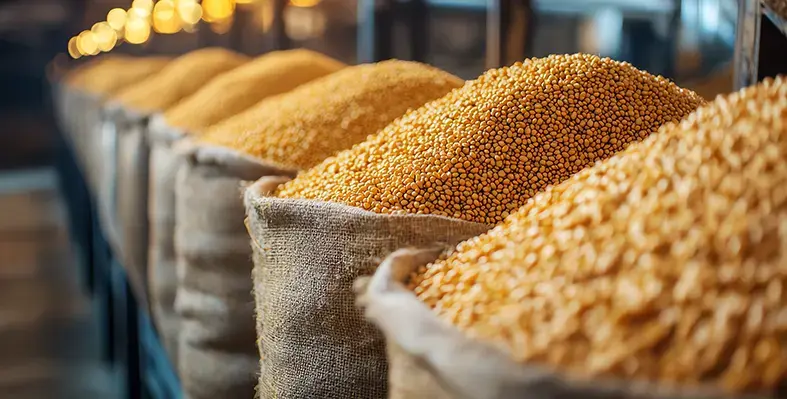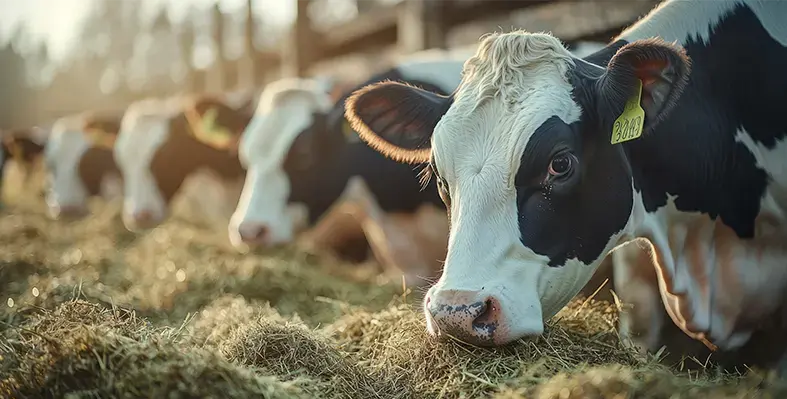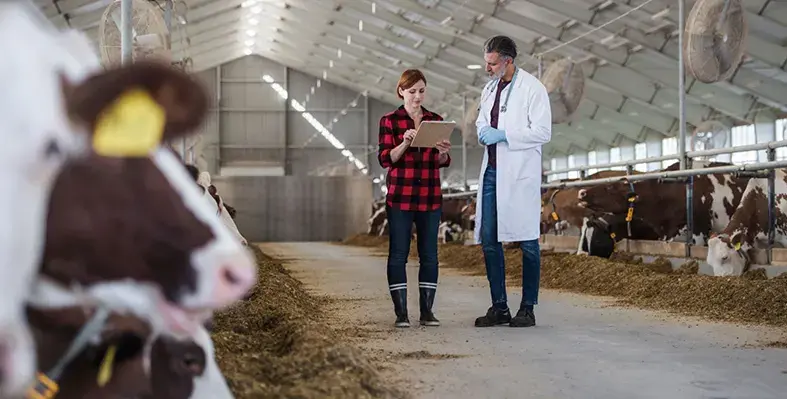BetaTrace is a notable source of organic zinc, copper, manganese and iron designed for every animal species
It was introduced in early November last year and is pending a patent. Being a supporter of animal well being and performance, BetaTrace aims to identify and address the issues concerning modern livestock farming. It performs a variety of useful functions which includes boosting gut integrity, improving immunity, reducing oxidative stress and enhancing energy metabolism. Moreover, being water soluble, it finds ideal usage in vitamin-mineral premixes, compound feeds, or feed supplements.
BetaTrace has been built by combing betaine and organic trace minerals, in turn providing improved absorption compared to conventional inorganic trace mineral sources such as sulfates. While trace minerals serve as essential components or cofactors of numerous enzymes, vitamins, and hormones, betaine on the other hand, provides excellent methyl group donor capability that is particularly needed in protein and lipid metabolism.
“We worked hard to bring this next generation of trace minerals to life,” said Dr Susanne Rothstein, product manager Organic Minerals at Biochem. “We believe the two-in-one BetaTrace will greatly benefit high yielding and young animals, which often have higher metabolic requirements. The perfect match of binding partner and trace mineral in BetaTrace intensively supports performance and health.”









